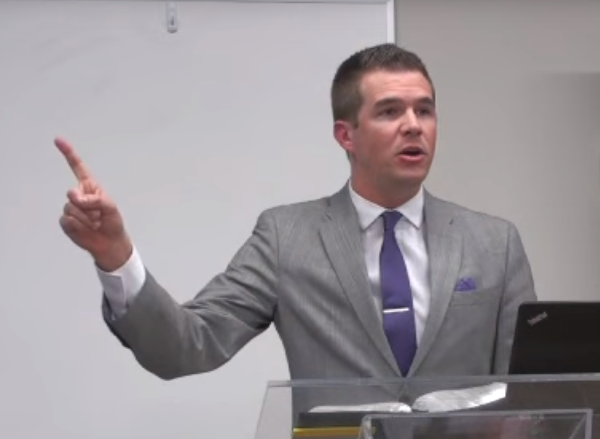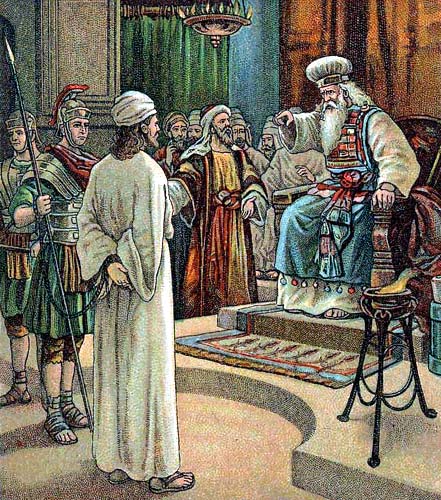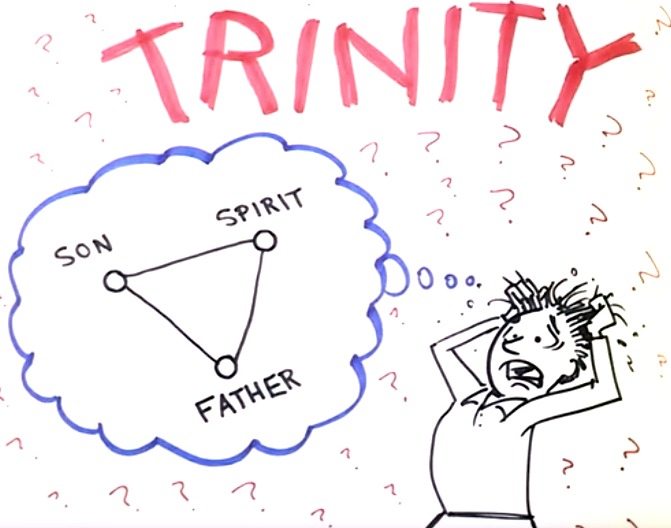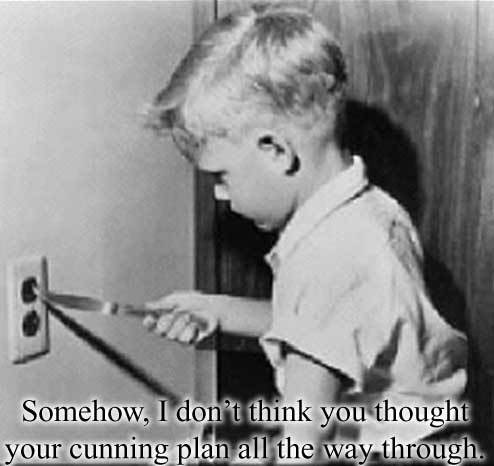 In this post I venture to offer some debate advice: be very hesitant to accuse your opponent of a logical fallacy.
In this post I venture to offer some debate advice: be very hesitant to accuse your opponent of a logical fallacy.
- First, your lack of sympathy for his position can easily cause you to be see ones which are not really there.
- Second, it is often unclear whether or not the dude is actually making an error in reasoning – begging the question is particularly tricky to diagnose, for instance, and some of the “flags” I’ve thrown in judging previous rounds are debatable.
- Third, there is a temptation to quickly allege a fallacy rather than dealing with the truth or falsity of your opponent’s premises. (This can verge on making an ad hominem fallacy yourself.)
- Fourth, you may be tempted to make up a new sort of error in reasoning new for the occasion, and accuse your opponent of it.
In round 4, Burke makes the 3rd error, Bowman the 4th.
Burke argues,
Even Acts 5, where the apostle Peter accuses Ananias of “lying to the Holy Spirit” (verse 3) and his wife of trying to “test the Spirit of the Lord” (verse 9) is not an open and shut case. The usual argument made from this passage is that Peter accuses Ananias of “lying to the Holy Spirit” and Sapphira of trying to “tempt the Holy Spirit”; but since an impersonal power cannot be lied to or tempted, the Holy Spirit must therefore be a person and therefore it follows that the Holy Spirit is God. The logic here is not terribly good, and the argument ends with a non sequitur.
Neither this nor what follows it make clear what Bowman’s errors in reasoning are supposed to be. What exactly is the argument he’s criticizing? Is it this?Read More »SCORING THE BURKE – BOWMAN DEBATE – Round 4 Part 1

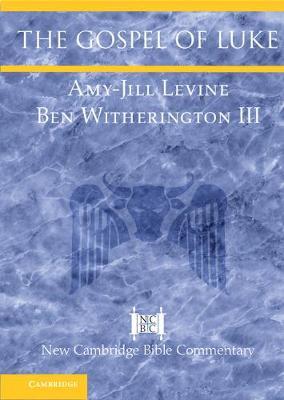
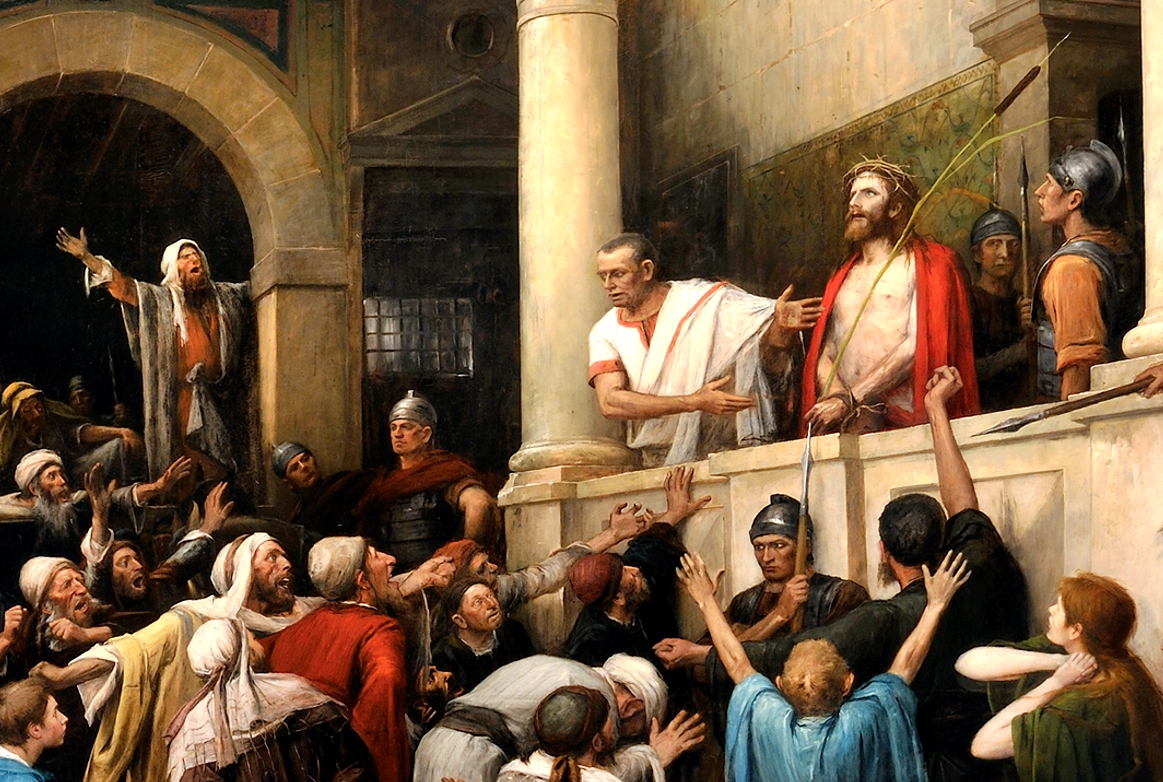

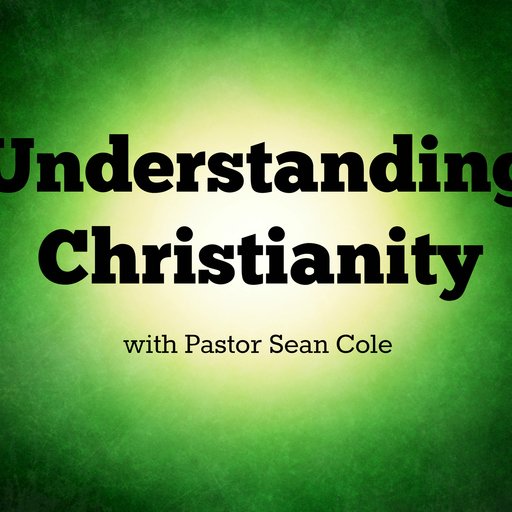
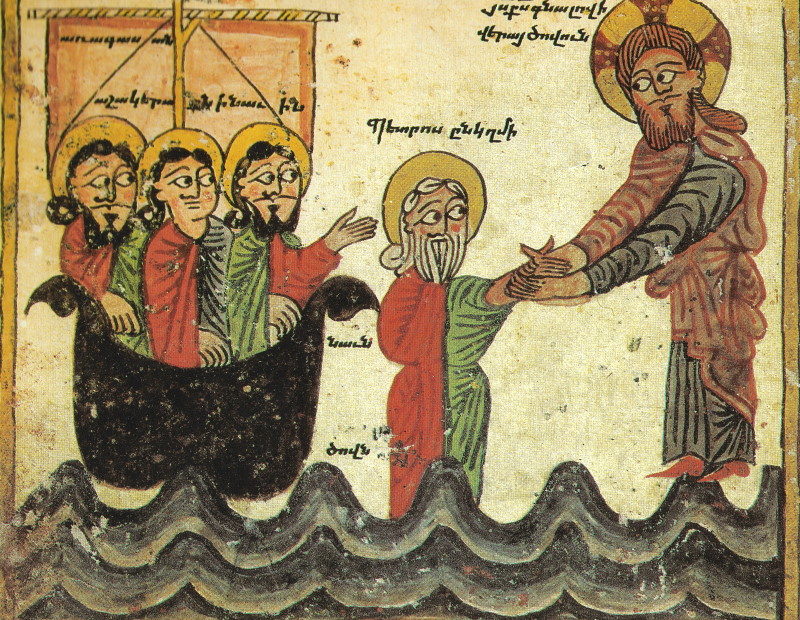

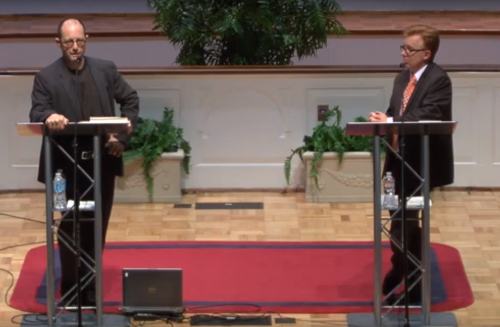



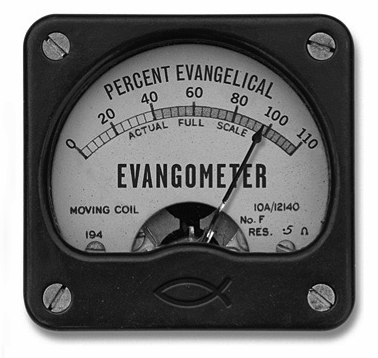


 In this post I venture to offer some debate advice: be very hesitant to accuse your opponent of a logical fallacy.
In this post I venture to offer some debate advice: be very hesitant to accuse your opponent of a logical fallacy.

